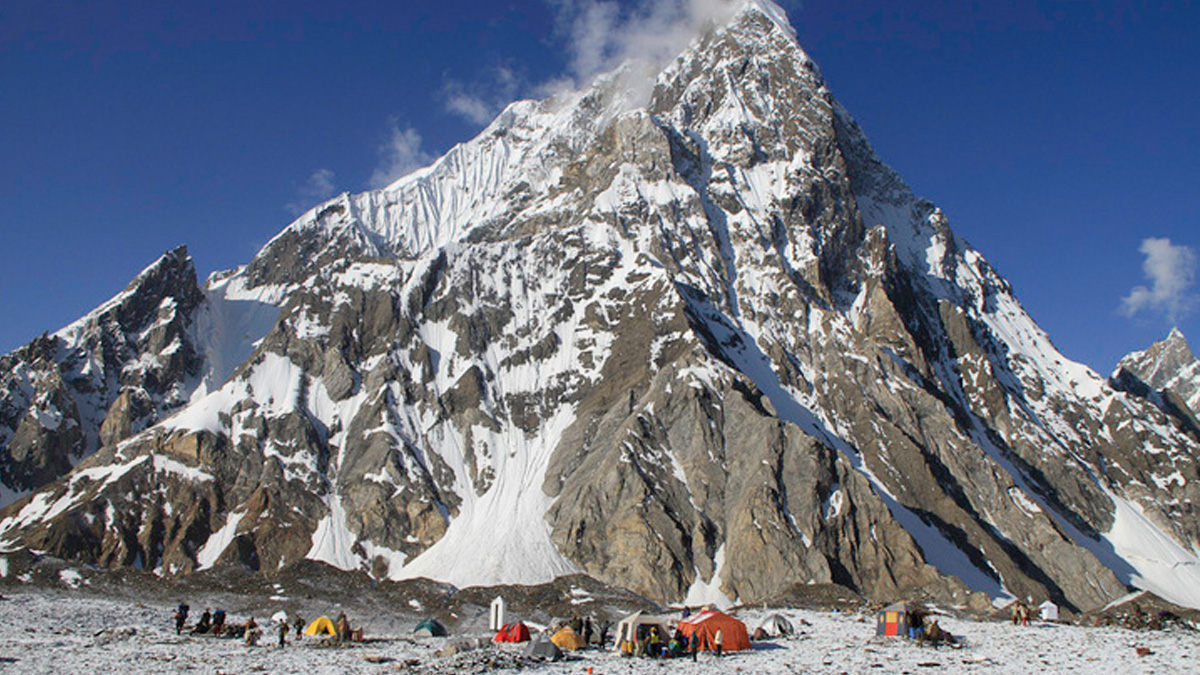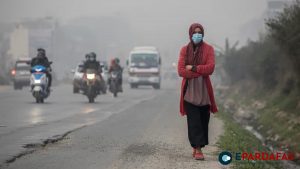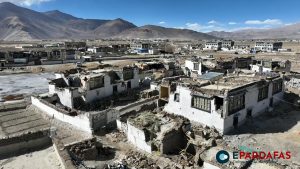
Climate Change Alters Himalayan Snowfall Patterns, Threatens Water Resources and Agriculture

In a stark departure from previous years, the high Himalayan areas of Koshi Province have experienced a delayed onset of snowfall this winter, raising concerns among locals and experts alike. Reports from reveal that until the last week of January, these regions had seen scant snowfall, disrupting traditional farming practices and sparking worries about water scarcity.
Notably, the Everest region, renowned for its towering peaks including Mount Everest, has witnessed an unusual absence of snow, with the snow line creeping higher than usual, according to data from the Everest base camp weather station. Experts report that while sporadic snowfall occurred in some upper Himalayan areas, the depth and coverage were notably diminished compared to previous years.
Mohan Bahadur Chand, a prominent figure in glacial lake research, emphasized the implications of this trend, warning of potential water shortages and agricultural challenges. “Minimal snowfall means a rising snowline in many areas,” Chand stated, highlighting the interconnectedness of water resources across the region. He further stressed that insufficient snowfall could disrupt water availability not only in the high mountains but also downstream, affecting agriculture, irrigation, and overall water supply.
Attributing these changes to climate change, Dr. Ngamindra Dahal, a climate expert, elucidated the altered atmospheric patterns responsible for the dearth of snowfall. “Changes in the atmospheric system have led to the absence of snow in the Himalayan regions of Nepal,” Dahal explained, noting the adverse effects on biodiversity and water resources.
The ramifications of these climatic shifts are felt across all geographical regions of Koshi Province, as highlighted by Dr. Dahal. From the plains of Tarai to the mid-hills and towering Himalayas, communities are grappling with reduced farm productivity and dwindling water sources. Om Thapaliya, Executive Director of Homenet Nepal, echoed these concerns, emphasizing the urgent need for support programs to aid affected farmers and safeguard agricultural autonomy.
In light of these challenges, experts urge concerted efforts to mitigate the impacts of climate change and adapt to evolving environmental conditions. “We must prepare to mitigate its effects,” Dahal urged, advocating for increased water conservation measures and proactive adaptation strategies to secure the region’s future amidst changing climate dynamics.












Comments